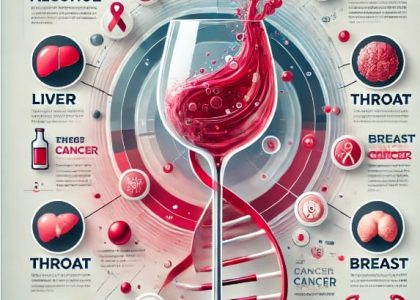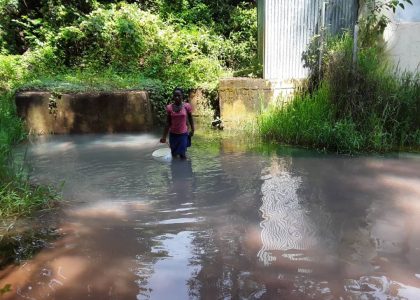
Introduction:
In the pursuit of comprehensive food and nutrition security, Rosana Empowerment Foundation (REF) recognizes the critical importance of enhancing food system resilience. To navigate the intricate landscape of resilience, three foundational concepts – robustness, recovery, and reorientation – are introduced. These concepts, while not mutually exclusive or hierarchical, offer a nuanced framework that, when balanced appropriately, has the potential to catalyse transformative changes in food system outcomes.
Concept 1: Robustness
The concept of robustness in food system resilience focuses on fortifying the system’s ability to withstand shocks and stressors. By enhancing robustness, REF aims to build a resilient foundation that can endure disruptions without compromising essential functions. This involves strengthening the structural elements of the food system, creating a solid and adaptive framework capable of absorbing shocks and maintaining core functions during challenging times.
Concept 2: Recovery
Recovery is a pivotal concept in food system resilience, emphasizing the capacity to bounce back and restore normal functioning after facing disruptions. REF acknowledges the inevitability of challenges but seeks to empower the food system to recover swiftly and effectively. This involves implementing strategies and interventions that facilitate a prompt return to a state of stability, ensuring minimal disruption to food production, distribution, and access.
Concept 3: Reorientation
Reorientation introduces a forward-looking perspective to food system resilience. It involves the capacity to adapt and transform the food system in response to evolving challenges, making it more sustainable and aligned with changing needs. REF recognizes that reorientation is crucial for addressing long-term issues and fostering innovations that can lead to positive systemic changes. By embracing adaptability and innovation, the food system can proactively reposition itself for a resilient and sustainable future.

Balancing Concepts for Transformative Outcomes:
REF emphasizes that these three concepts – robustness, recovery, and reorientation – are interconnected and complementary. Achieving a balanced integration of these concepts is essential for maximizing the impact on food system outcomes. Robustness provides the foundation for resilience, recovery ensures a swift response to disruptions, and reorientation propels the food system towards continuous improvement.
Conclusion:
As REF adopts these concepts and approaches for enhancing food system resilience, the foundation envisions a transformative journey towards a more secure, sustainable, and equitable food future. By embracing the interconnected nature of robustness, recovery, and reorientation, REF aims to contribute to a holistic and adaptive framework that empowers communities and nations to navigate challenges, adapt to changing circumstances, and build resilient food systems for generations to come.






